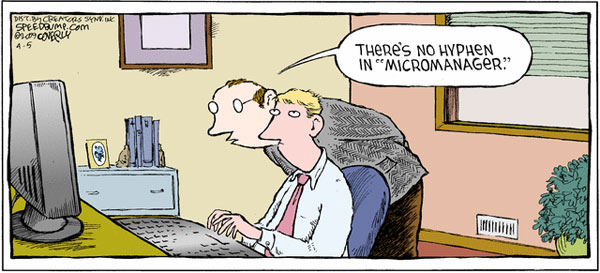The Federal government shut down several years ago. Almost every government employee was sent home. My team remained to keep things going. No one knew how long the crisis would last. I briefed our leader about the situation. The biggest concern was how would we keep people motivated during the shutdown. “How often do you meet with your team?” she asked. We met weekly, I answered. She recommended we establish a daily stand-up session. We did and it worked. We were able to engage everyone daily. The shutdown eventually ended and we got back to business without any major missteps. This leader was well prepared to handle this situation because she always asked insightful questions.

IQ#1- How often do you engage all of your team members?
This question is crucially important for any leader to consider, especially if you have a virtual team or remote team members. You only have so much time available in your schedule, so make the most of these engagements. This question begs another one which is how often should you meet with your team members. There is not one right answer for all situations. The general guidance I am providing is that you meet more often with junior team members vice your seasoned veterans. A recent college hire will likely need more guidance, coaching, and mentoring than team members who possess decades of experience. Consistency is the key.

Strong leaders engage all of their team members on a consistent basis
Strong leaders make a habit of engaging all of their team members on a regular basis. It is hard to build trust and rapport with your team if you are not talking with them consistently. This point is especially true for new leaders or experienced leaders who are in a new role. A typical pattern may look something like this:
- A weekly team meeting for collaboration, and coordination.
- A bi-weekly 1-on-1 meeting with each team member.
- A monthly social event – team lunch, happy hour, etc.
I don’t have, nor am I suggesting a magic formula for how to consistently engage your team. Rather, simply make sure it happens. Send out the recurring meeting invites so that these sessions are on the calendar.

IQ#2 – Does everyone understand the purpose of your meetings?
Speaking of meetings – many people feel like there are way too many of them. It seems like there are even more meetings now than there were before the pandemic. Nowadays more people work remotely. It is easier than ever to pack your calendar full of meetings. Don’t do it. I am not anti-meeting. They are useful for sharing information, collaborating, and connecting with your team. I do think it is important that everyone understands the purpose of your meetings. Otherwise, you risk wasting your team members’ time by having them sit in meeting after meeting. Your team needs time to get their work done. Don’t force them to work extra hours or multi-task all day long because you packed their schedules with endless meetings.

Strong leaders do not micromanage their team via status meetings
I am noticing that status meetings are all the rage these days. Leaders will gather a large group to get the current status of everything. Status reviews are a best management practice, but be careful. As a leader, you will drive your team nuts if you are constantly asking them for status updates. There is a word for this problem – micromanagement. I have written about this topic before. No one wants to be micromanaged. It goes against human nature and is a bad engagement technique.

IQ#3 – Do you have a formal and/or informal awards program?
The third insightful question to ask yourself as a leader focuses on recognition. Are there formal and/or informal awards that you can give to deserving team members? I have been a leader in the military, academia, and private industry. Every organization I worked in had an awards program. It is important that you understand how awards are managed so that your high-performing team members are properly recognized for the value they deliver. If you fail to take care of your people they will leave to find a place where they are appreciated.

Strong leaders make sure their team gets rewarded in informal ways
There are never endless resources for awards programs. It is common that there are simply not enough awards for your deserving team members. What can you do as a leader? Put in place an informal awards program. I have implemented this idea several times and it was always well received. Come up with a clever way to show your appreciation and gratitude for all the hard work and outcomes your team members produce. It might be something as simple as gift cards, or a silly trinket. For one team I led, we handed out footballs to recognize high performers. We modeled the idea after what football coaches do after a win. They hand out game balls. The team loved the idea, and it became a best practice for us to recognize excellence.
I have always believed that the way you treat your employees is the way will treat your customers and that people flourish when they are praised.
Richard Branson
Take the time to ponder insightful questions about how to engage your team
Strong leaders understand the importance of effective engagement with their team members. They ask insightful questions. Strong leaders engage all of their team members on a consistent basis. They do not micromanage their teams. Strong leaders make sure their team gets rewarded. Be that kind of leader – one who knows how to engage their team members in a meaningful manner.

ATW! will make you a better leader
I hope you join me on this journey to raise the next generation of leaders. The world is in desperate need of more great leaders. Women and men who lead with confidence, clarity, and creativity. It’s time to become the leader that your world needs. Let’s go All The Way!
